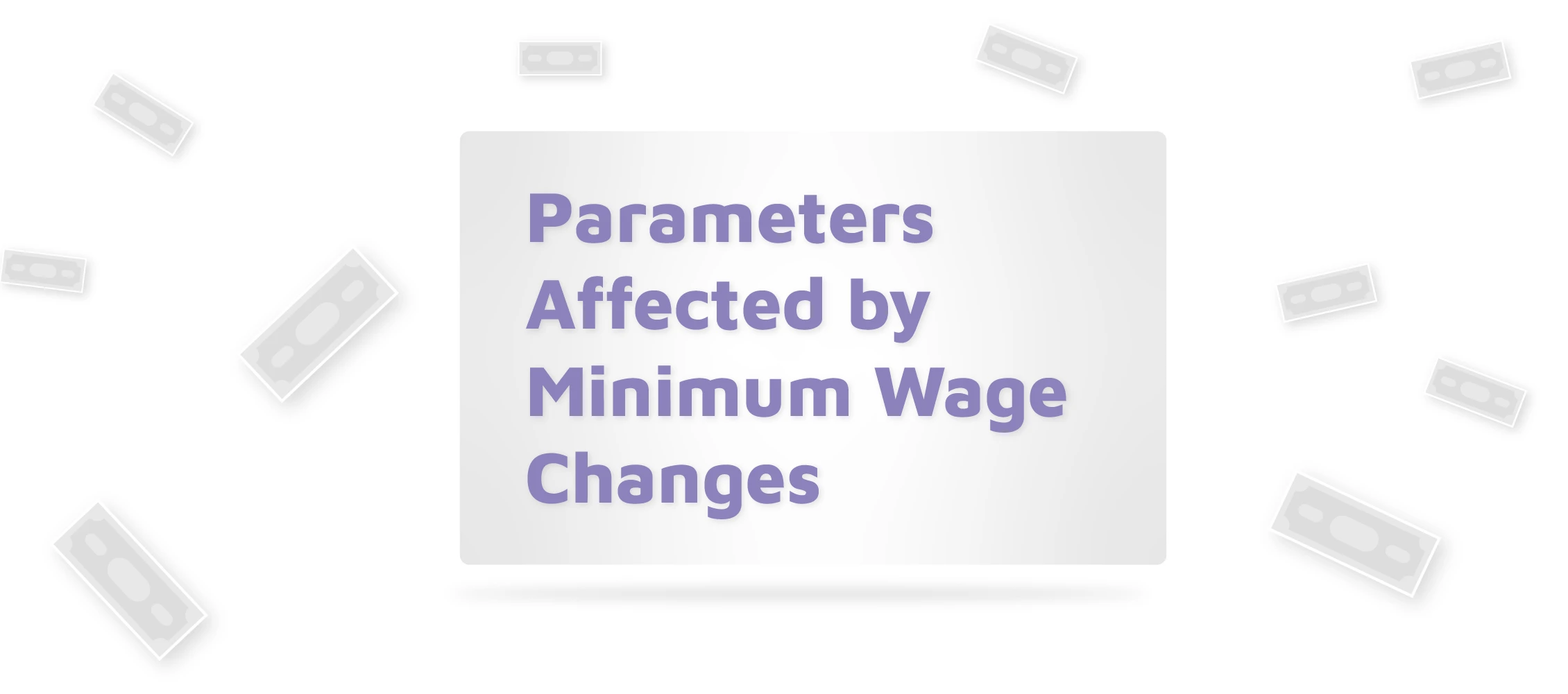26 September 2024
What is a Collective Bargaining Agreement and What Are Its Conditions?
Author Civan Güneş, Kerem Akdağ, Category Work Life

What is a Collective Bargaining Agreement?
A collective bargaining agreement is a written contract between employees, represented by a labor union, and an employer that outlines the working conditions and rights of the employees. This agreement includes a wide range of regulations, from wages to social benefits. Collective bargaining agreements serve as a tool to protect the rights of employees as a whole and help establish a fair balance between employers and employees. In Turkish labor law, these agreements hold a significant place and are regulated by the Law No. 6356 on Trade Unions and Collective Bargaining Agreements (In Turkish).
What Are the Conditions of a Collective Bargaining Agreement?
For a collective bargaining agreement to be valid, certain basic conditions must be met. These conditions ensure that the agreement is legally binding:
- Authorized Union: The union signing the collective bargaining agreement must be the authorized union representing at least 50% of the employees employed in the workplace. This authorization is confirmed by the Ministry of Labor and Social Security.
- Participation of Employee and Employer Representatives: The agreement should be formed as a result of mutual negotiations between the union representing the employees and the employer.
- Duration and Scope: The duration of the agreement, working conditions, wages, and social rights must be clearly defined. Additionally, the number of employees covered by the agreement and which workplaces it applies to must be explicitly stated.
- Official Registration: The collective bargaining agreement must be submitted to the Ministry of Labor and Social Security for official registration within 15 days of being signed. Agreements that are not officially registered lack legal binding.
The following are the most important conditions for unions to enter into a collective bargaining agreement and to be authorized by the Ministry of Labor and Social Security:
- Sufficient Membership Rate in the Industry: The union must have members who constitute at least 1% of the employees employed in the industry in which it operates.
- Majority in the Workplace or Enterprise: The union must represent more than 50% of the employees employed in the workplace where the agreement will be made. If the agreement is for an enterprise, the union must represent at least 40% of the employees. If more than one union has 40% or more members in an enterprise, the union with the highest membership on the date of application is authorized to sign the collective bargaining agreement.
What Are the Formal Requirements for a Collective Bargaining Agreement and How Long Does It Last?
Collective bargaining agreements are usually made for a specific duration. According to Article 35 of the Law No. 6356 on Trade Unions and Collective Bargaining Agreements:
"(1) A collective bargaining agreement must be made in writing.
(2) A collective bargaining agreement can be made for a minimum of one year and a maximum of three years. The duration of the agreement cannot be extended or shortened by the parties, nor can the agreement be terminated before the expiration date.
(3) For jobs that last less than one year, collective bargaining agreements can be made for a shorter period. If the job continues beyond the original duration, these agreements can be applied until the end of one year.
(4) An application for a new agreement can be made within 120 days before the expiration of the existing collective bargaining agreement. However, the new agreement cannot take effect until the previous one expires."
Types of Collective Bargaining Agreements
Collective bargaining agreements are divided into three main types based on their scope:
- Workplace Collective Bargaining Agreement: Covers the employees employed in a single workplace. These agreements are usually made for small or medium-sized workplaces and are tailored to the specific conditions of that workplace.
- Enterprise Collective Bargaining Agreement: Covers the employees employed in multiple workplaces owned by the same employer. This type of agreement provides a unified contract for all the employees of an enterprise.
- Group Collective Bargaining Agreement: Covers agreements made with multiple employers operating in the same industry. This type of agreement is made on an industry-wide basis and regulates employees' rights across the sector.
Who Can Benefit from a Collective Bargaining Agreement?
Primarily, employees who are employed at the workplace and are members of the union that signed the collective bargaining agreement benefit from the agreement. However, non-union employees can also benefit from the collective bargaining agreement under certain conditions. These employees can benefit from the rights provided by the collective bargaining agreement by paying a "solidarity fee." Even though they are not union members, employees who pay the solidarity fee can enjoy all the rights granted by the agreement.
Should you have any queries or need further details, please contact us.
-
Notification!
The content in this article is for general information purposes only and belongs to CottGroup® member companies. This content does not constitute legal, financial, or technical advice and cannot be quoted without proper attribution.
CottGroup® member companies do not guarantee that the information in the article is accurate, up-to-date, or complete and are not liable for any damages that may arise from errors, omissions, or misunderstandings that the information may contain.
The information presented here is intended to provide a general overview. Each specific case may require different assessments, and this information may not be applicable to every situation. Therefore, before taking any action based on the information provided in the article, it is strongly recommended that you consult a competent professional in the relevant fields such as legal, financial, technical, and other areas of expertise. If you are a CottGroup® client, do not forget to contact your client representative regarding your specific situation. If you are not our client, please seek advice from an appropriate expert.
To reach CottGroup® member companies, click here.
About The Author
Other Articles
-
What Is PDKS? What You Need to Know About Personnel Attendance Control Systems
Civan Güneş
22 December 2025






